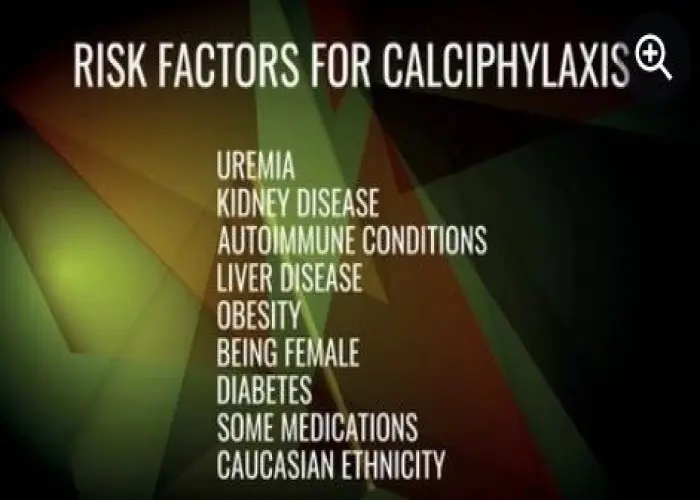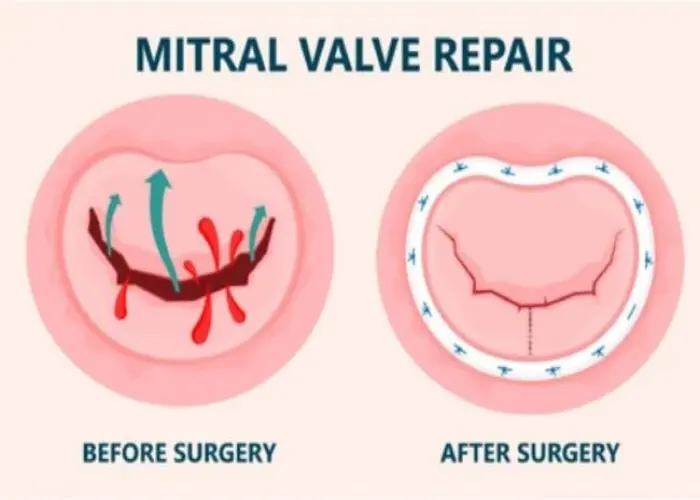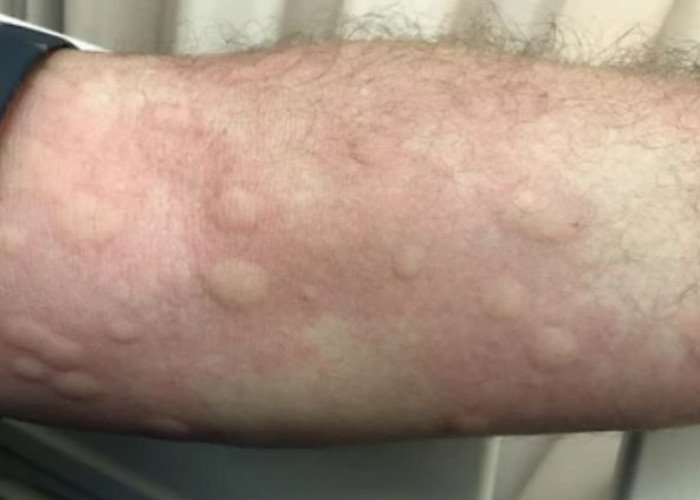 Welcome
Welcome
“May all be happy, may all be healed, may all be at peace and may no one ever suffer."
Anaphylaxis

Anaphylaxis is a severe, life-threatening allergic reaction that can occur suddenly and cause a wide range of symptoms, including difficulty breathing, rapid heartbeat, low blood pressure, skin rashes, swelling of the face and tongue, nausea, and diarrhea.
Anaphylaxis is caused by an overreaction of the immune system to an allergen, such as food, insect venom, or medication.
If you suspect that you or someone else is experiencing anaphylaxis, it is important to seek emergency medical attention immediately. Treatment for anaphylaxis typically involves the administration of epinephrine, a medication that can help to reverse the symptoms and prevent serious complications.
If you have a history of anaphylaxis, it is important to carry an auto-injector of epinephrine with you at all times and to know how to use it in case of an emergency. You should also avoid known allergens and take steps to prevent exposure, such as reading food labels or wearing protective clothing when working outside.
With prompt treatment, most cases of anaphylaxis can be successfully managed, but it is important to seek medical attention as soon as symptoms develop to prevent serious complications and ensure the best possible outcome.
Research Papers
Disease Signs and Symptoms
- Itching
- Dizziness (vertigo)
- Nausea or vomiting
- Rapid pulse
- Rapid pulse
- Swollen tongue
- Constriction of airways and a swollen tongue or throat, which can cause wheezing and trouble breathing
- Low blood pressure (hypotension)
- Pale skin color (pallor)
- Fainting (syncope)
Disease Causes
Anaphylaxis
The immune system produces antibodies that defend against foreign substances. This is good when a foreign substance is harmful, such as certain bacteria or viruses. But some people's immune systems overreact to substances that don't normally cause an allergic reaction.
Allergy symptoms aren't usually life-threatening, but a severe allergic reaction can lead to anaphylaxis. Even if you or your child has had only a mild anaphylactic reaction in the past, there's a risk of more severe anaphylaxis after another exposure to the allergy-causing substance.
The most common anaphylaxis triggers in children are food allergies, such as to peanuts and tree nuts, fish, shellfish, wheat, soy, sesame and milk. Besides allergy to peanuts, nuts, fish, sesame and shellfish, anaphylaxis triggers in adults include:
- Certain medications, including antibiotics, aspirin and other pain relievers available without a prescription, and the intravenous (IV) contrast used in some imaging tests
- Stings from bees, yellow jackets, wasps, hornets and fire ants
- Latex
Although not common, some people develop anaphylaxis from aerobic exercise, such as jogging, or even less intense physical activity, such as walking. Eating certain foods before exercise or exercising when the weather is hot, cold or humid also have been linked to anaphylaxis in some people. Talk with your health care provider about precautions to take when exercising.
If you don't know what triggers an allergy attack, certain tests can help identify the allergen. In some cases, the cause of anaphylaxis is not identified (idiopathic anaphylaxis).
Disease Prevents
Anaphylaxis
The best way to prevent anaphylaxis is to stay away from substances that cause this severe reaction. Also:
- Wear a medical alert necklace or bracelet to indicate you have an allergy to specific drugs or other substances.
- Keep an emergency kit with prescribed medications available at all times. Your provider can advise you on the contents. If you have an epinephrine autoinjector, check the expiration date and be sure to refill the prescription before it expires.
- Be sure to alert all your providers to medication reactions you've had.
- If you're allergic to stinging insects, use caution around them. Wear long-sleeved shirts and pants; don't walk barefoot on grass; don't wear bright colors; don't wear perfumes, colognes or scented lotions; and don't drink from open soda cans outdoors. Stay calm when near a stinging insect. Move away slowly and don't slap at the insect.
- If you have food allergies, carefully read the labels of all the foods you buy and eat. Manufacturing processes can change, so it's important to periodically recheck the labels of foods you commonly eat.
- When eating out, ask how each dish is prepared, and find out what ingredients it contains. Even small amounts of food you're allergic to can cause a serious reaction.
Disease Treatments
During an anaphylactic attack, you might receive cardiopulmonary resuscitation (CPR) if you stop breathing or your heart stops beating. You might also be given medications, including:
- Epinephrine (adrenaline) to reduce the body's allergic response
- Oxygen, to help you breathe
- Intravenous (IV) antihistamines and cortisone to reduce inflammation of the air passages and improve breathing
- A beta-agonist (such as albuterol) to relieve breathing symptoms
Using an autoinjector
Many people at risk of anaphylaxis carry an autoinjector. This device is a combined syringe and concealed needle that injects a single dose of medication when pressed against the thigh. Replace epinephrine before its expiration date, or it might not work properly.
Using an autoinjector immediately can keep anaphylaxis from worsening and could save your life. Be sure you know how to use the autoinjector. Also, make sure the people closest to you know how to use it.
Long-term treatment
If insect stings trigger an anaphylactic reaction, a series of allergy shots (immunotherapy) might reduce the body's allergic response and prevent a severe reaction in the future.
Unfortunately, in most other cases there's no way to treat the underlying immune system condition that can lead to anaphylaxis. But you can take steps to prevent a future attack — and be prepared if one occurs.
- Try to stay away from your allergy triggers.
- Carry self-administered epinephrine. During an anaphylactic attack, you can give yourself the drug using an autoinjector.
Disease Diagnoses
Disease Allopathic Generics
Disease Ayurvedic Generics
Disease Homeopathic Generics
Disease yoga
Anaphylaxis and Learn More about Diseases

Thalassemia

Dwarfism

Calciphylaxis

Spina bifida

Goiter

Brain aneurysm

Aortic valve disease

Transient ischemic attack (TIA)
Anaphylaxis, Anaphylactic shock, Anaphylactic reaction, অ্যানাফিল্যাক্সিস
To be happy, beautiful, healthy, wealthy, hale and long-lived stay with DM3S.
